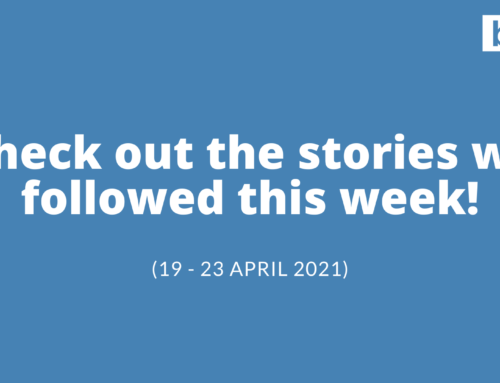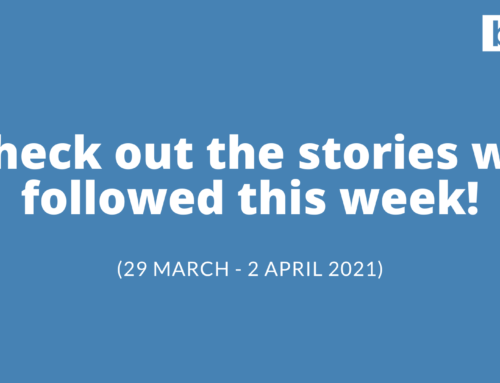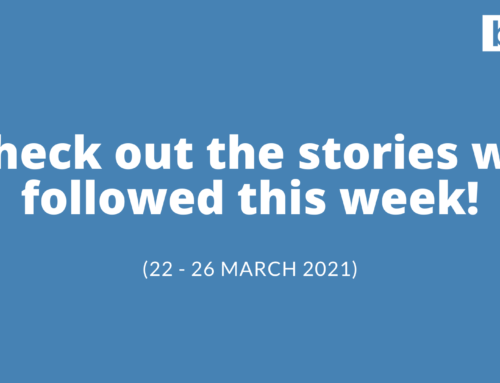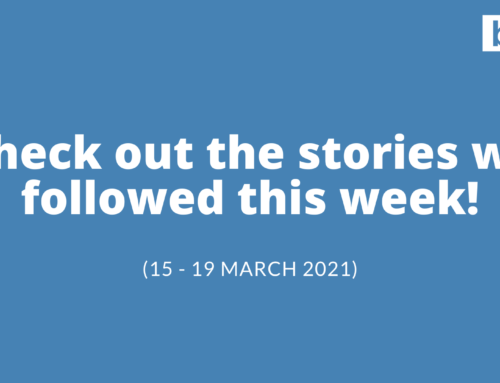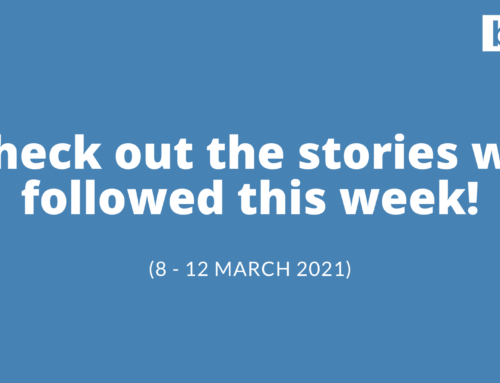Apple’s WWDC (World Wide Developer Conference) kicks off today in the US. The annual event normally brings together app developers and Apple engineers, and is meant to showcase (and propagate) new tech.
And the cherry on top for this year would have been Apple’s announcement that it’s single-handedly created the US$500+ billion in value in 2019 alone in its App Store “economy”. This includes everything from in-app advertising revenues, to sale of digital and physical goods, food deliveries, and subscription services to everything from Netflix to news sites.
A fact which to all appearances, should be a bright spot in the Covid-blighted business landscape.
But like so many things, this year’s WWDC is very different – and not because of Covid.
So why are Apple’s relations with third-party developers at an all-time low?
After Apple’s having spent substantial resources growing the app economy’s value chain over the years, many prominent developers now say Apple’s exploiting its penultimate position to extract prohibitively high fees, along with what they say are a range of other “hostile” policies towards third-party developers.
Having spent substantial resources growing the app economy’s value chain over the years, many prominent developers now claim Apple’s exploiting its penultimate position through “hostile” App Store policies, with developers’ main grievances including:
- Reducing Apple’s take from digital sales from 30% to 20%
- Giving developers the right to charge upgrade fees for software changes
- Stopping certain types of ads popping up in the App Store, which give prominence to a competitor’s product
All while the US House’s Judiciary Committee is waiting for Apple to confirm that CEO Tim Cook will give testimony, as they consider an anti-trust probe into whether Apple, Facebook, Amazon, and Google are monopolising their premier positions in the new economy.
Click here to read more about Apple’s WWDC and the main arguments made by third-party developers.



